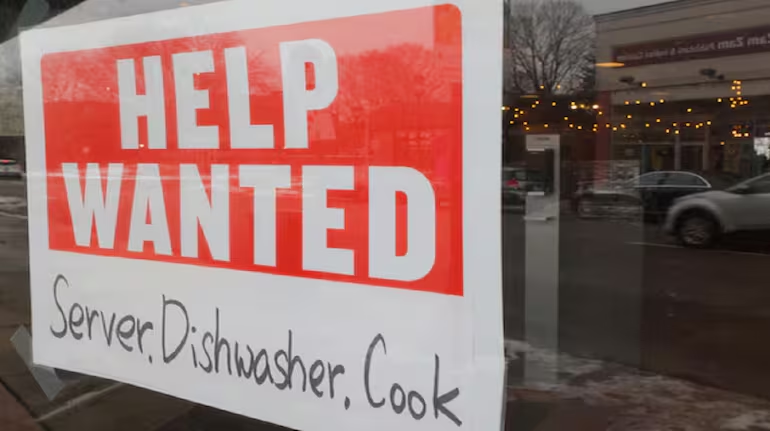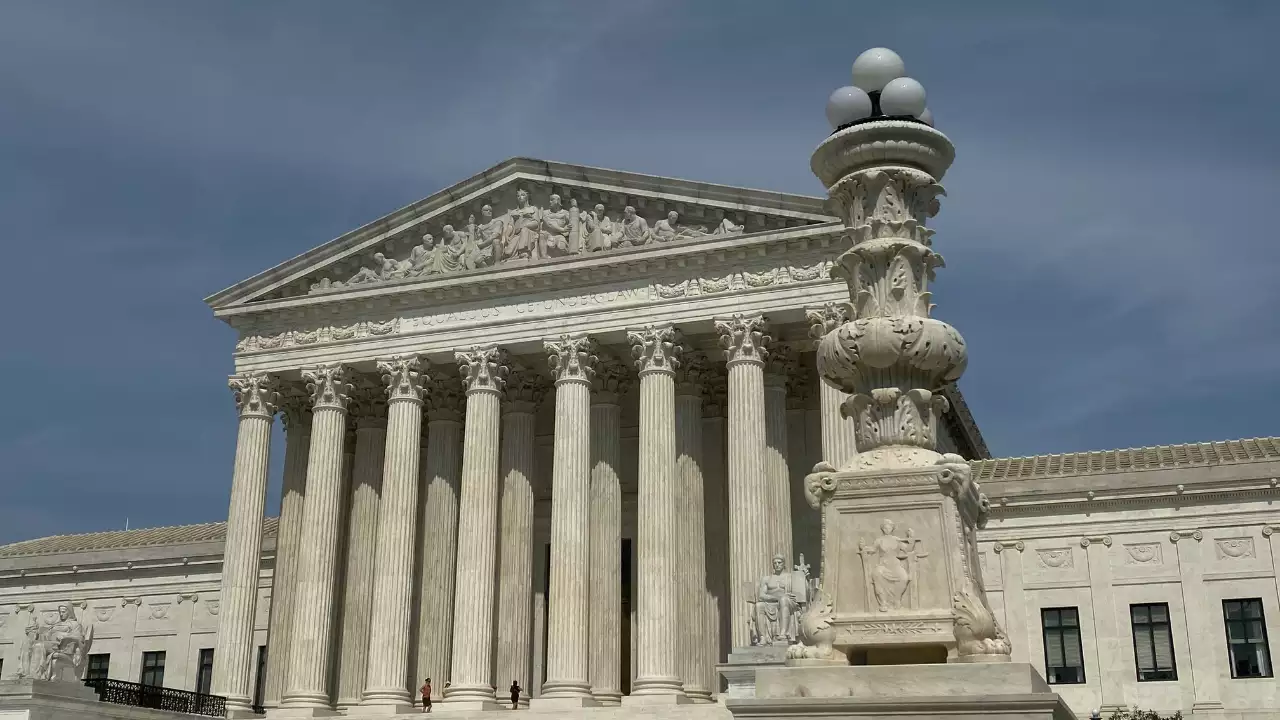With the U.S. economy creating far more jobs than expected in May and the nation’s consumer price inflation still above a comfortable range, the Federal Reserve is unlikely to adjust interest rates before the long-awaited presidential election later this year.

With the U.S. economy creating far more jobs than expected in May and the nation’s consumer price inflation still above a comfortable range, the Fed is unlikely to adjust interest rates before the long-awaited presidential election later this year.
“Expectations of Fed easing before the election are dashed again with last Friday’s employment data,” multinational investment bank and financial services firm Jefferies said in its June 13 “Greed and Fear” report.
The Labor Department’s Bureau of Labor Statistics said U.S. nonfarm payrolls increased by 272,000 jobs last month.
While the government and health care/social assistance sectors accounted for 126,500 of the total increase, Jefferies.
The headline data was again above expectations, although it is worth noting that the government and healthcare sectors again created 47 percent of jobs.
“Inflation rates have averaged 60 percent over the past 12 months, reflecting the impact of fiscal easing,” Jefferies reports.
With regard to the combined effect of employment and inflation in the US, the investment bank now expects fewer interest rate cuts in the US this year.

“If the inflation data is somewhat encouraging for the Fed, the net result of the employment and inflation data points is that financial markets now expect interest rates to be cut by 47 basis points this year, compared to 50 basis points before both sets of cuts,” Jefferies stressed as the data is announced.
During the COVID-19 pandemic, interest rates have been close to zero. The central bank seeks to maximize employment and inflation by 2 percent in the long term.
Raising interest rates is a monetary policy tool that usually helps suppress demand in the economy, thereby reducing the inflation rate.



